23 Must-Have Supplies for Apartment Preppers – Simple Family Preparedness

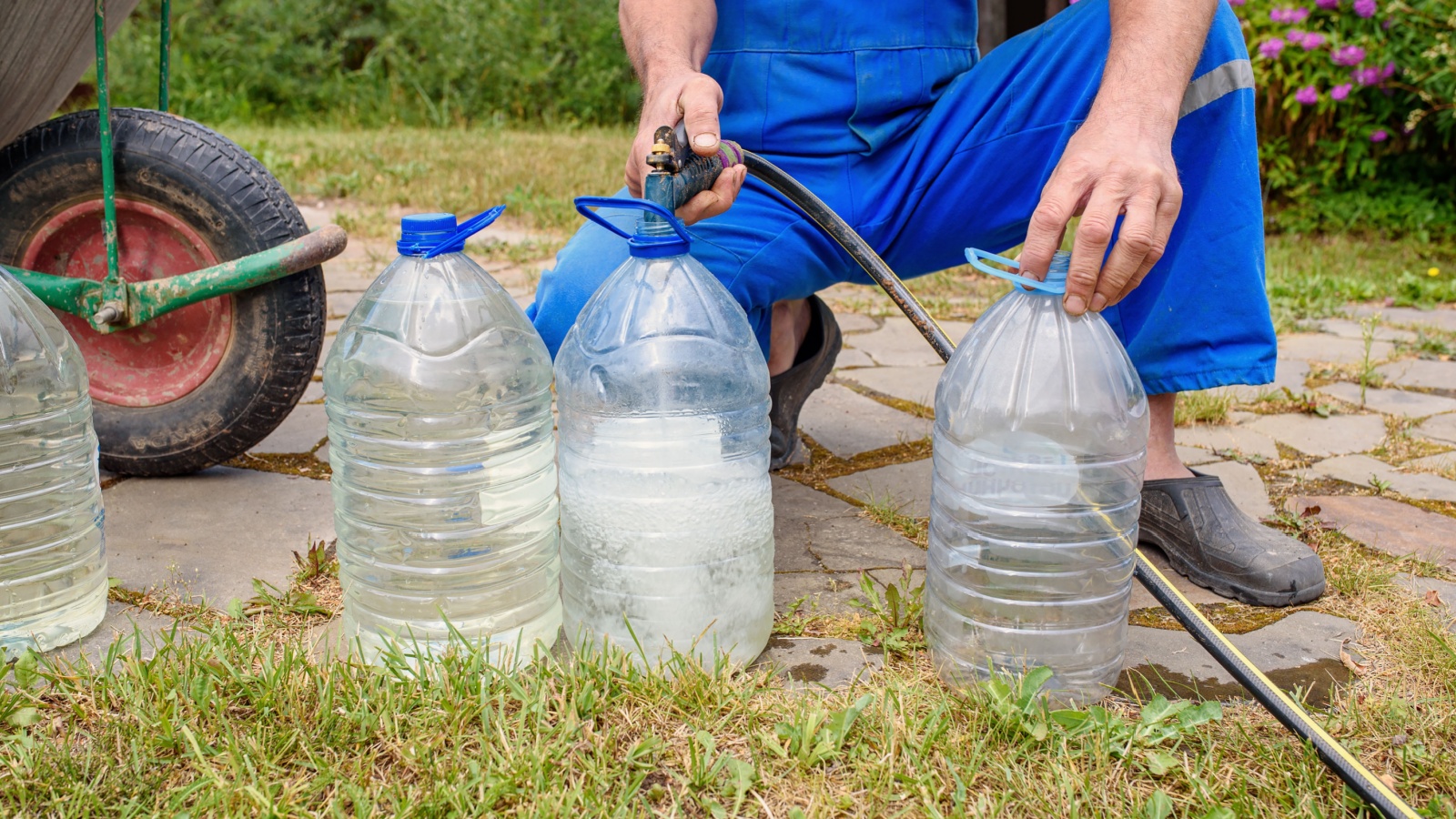
Living in an apartment doesn’t mean you can’t be prepared for emergencies. In fact, with limited space, it’s even more important to choose your supplies wisely. This list will help you stock up on the essentials to keep you safe and comfortable when disaster strikes.
Clean water is crucial for survival. Get sturdy, BPA-free containers to store at least one gallon per person per day for a minimum of three days. Look for containers with handles for easy carrying. Consider water bricks, which stack neatly to save space. Don’t forget to rotate your water supply every six months to keep it fresh.

Stock up on foods that last a long time and don’t need cooking. Canned goods, dried fruits, nuts, and energy bars are great choices. Aim for a variety to avoid food fatigue. Store enough to provide at least 2,000 calories per person per day for two weeks. Check expiration dates regularly and rotate your stock.
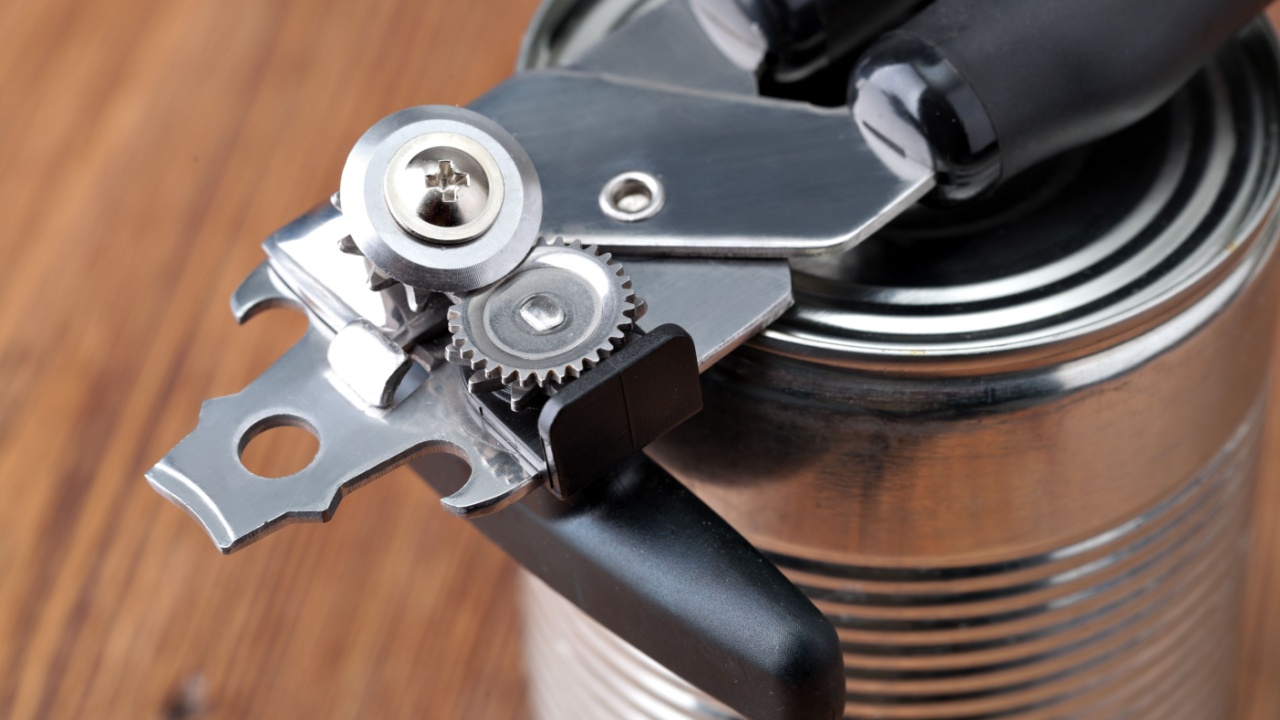
Don’t let your canned food go to waste because you can’t open it. A sturdy, hand-powered can opener is a must-have. Look for one with a comfortable grip and a sharp cutting wheel. Avoid electric can openers that won’t work during power outages. Keep it clean and dry to prevent rust and ensure it’s always ready for use.

Accidents happen, especially during emergencies. A well-stocked first aid kit can make a big difference. Include bandages, antiseptic wipes, pain relievers, and any personal medications. Add a first aid manual to guide you through treatments. Check your kit every six months to replace used or expired items.
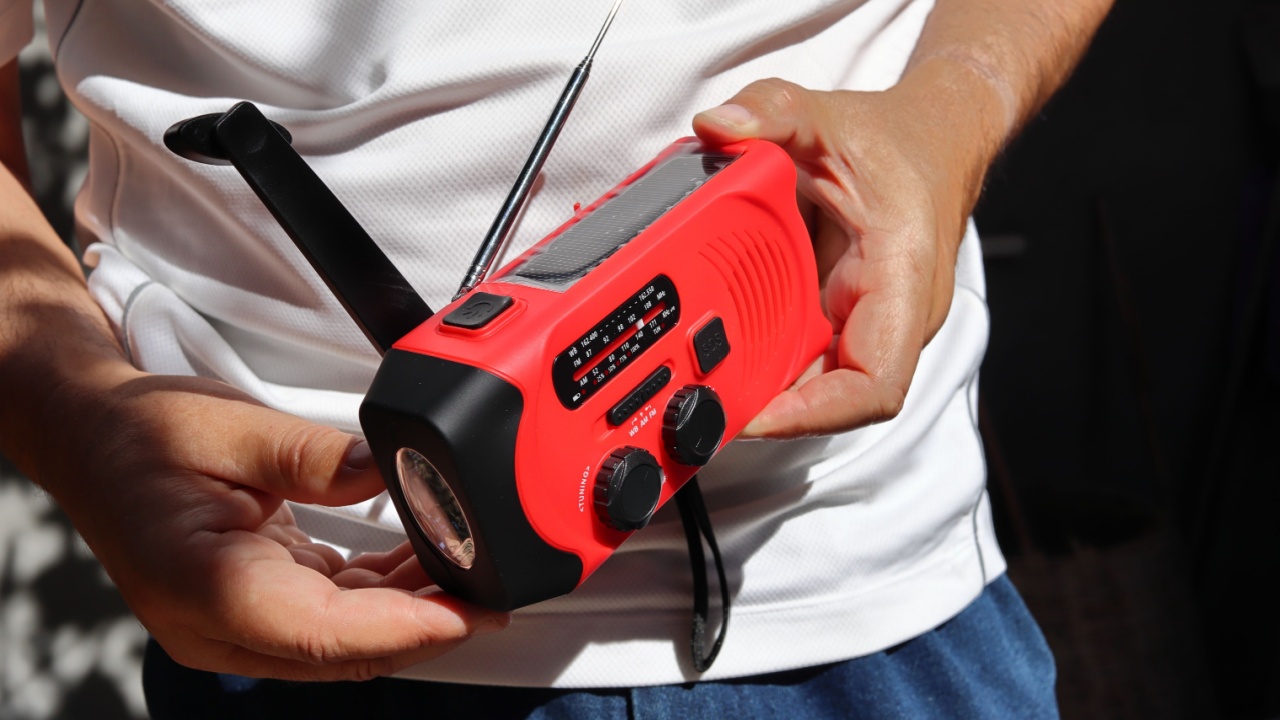
Stay informed when the power goes out. Look for a hand-crank or battery-powered radio that can pick up NOAA weather alerts. Many models also include a flashlight and phone charger. Test your radio regularly and keep spare batteries if needed. Some radios can be charged by solar power, giving you an extra backup option.
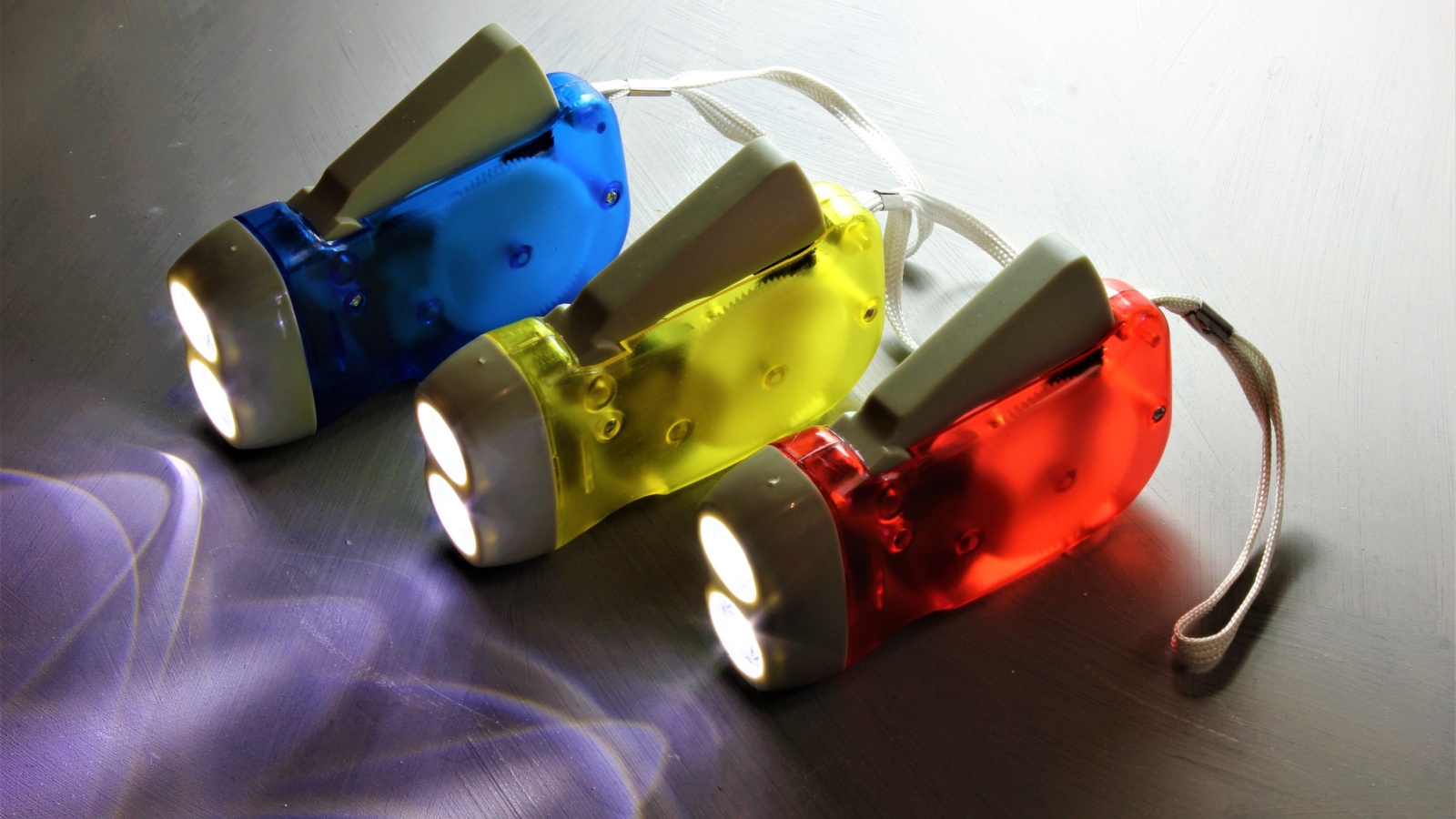
Good lighting is essential during blackouts. Get a mix of flashlights and headlamps for hands-free use. Look for LED models that provide bright light and long battery life. Keep spare batteries or choose rechargeable options. Store your lights in easy-to-reach places around your apartment.

Power your devices when the grid goes down. Stock up on common battery sizes like AA, AAA, and D. Look for long-lasting alkaline or lithium batteries. Store them in a cool, dry place to extend their shelf life. Check the expiration dates and rotate your supply to ensure you always have fresh batteries.
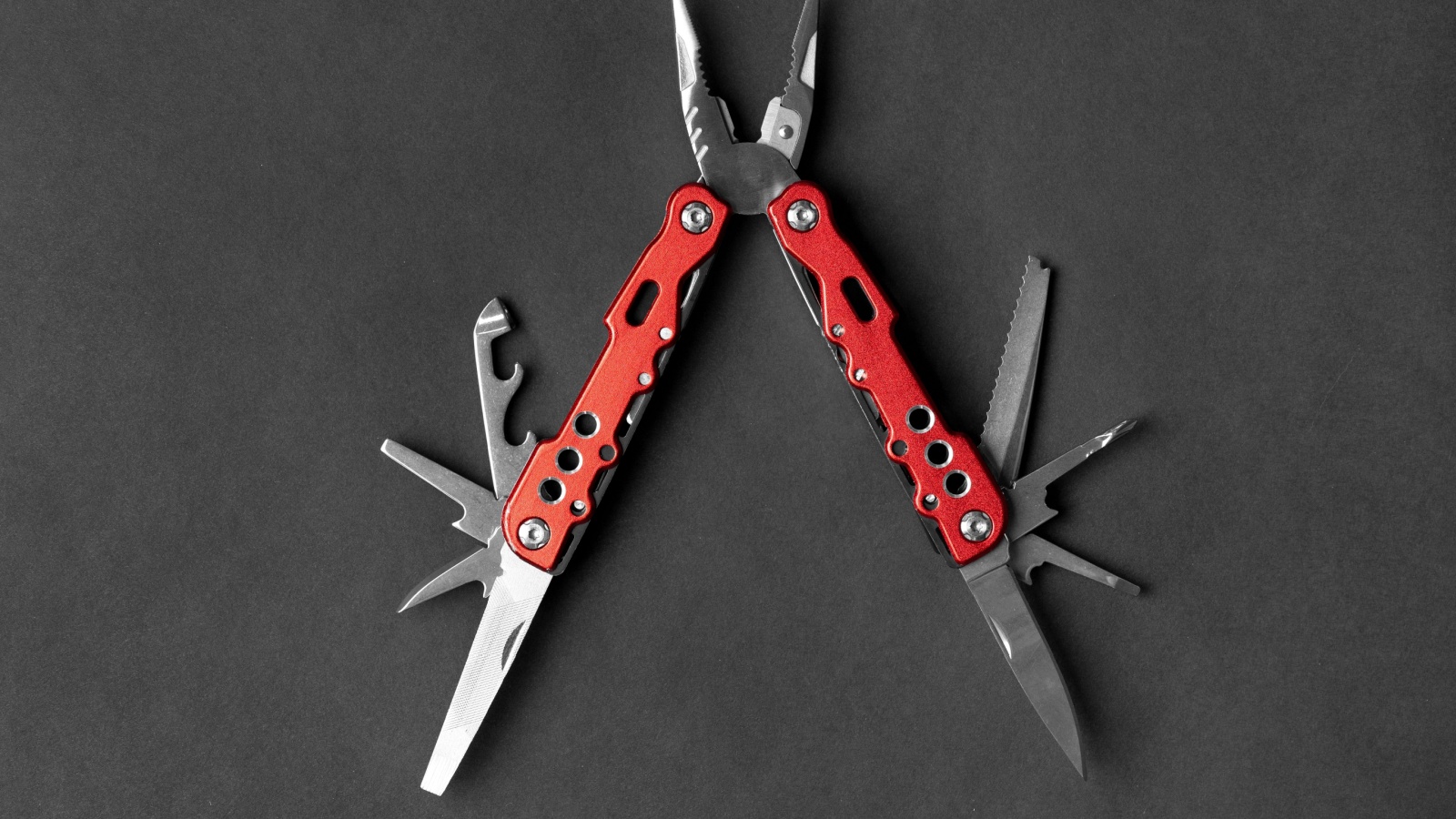
Save space with a tool that does it all. A good multi-tool includes pliers, knife, screwdrivers, and more. Look for a sturdy model from a reputable brand. Keep it clean and oiled to prevent rust. Learn how to use all the features before you need them in an emergency.
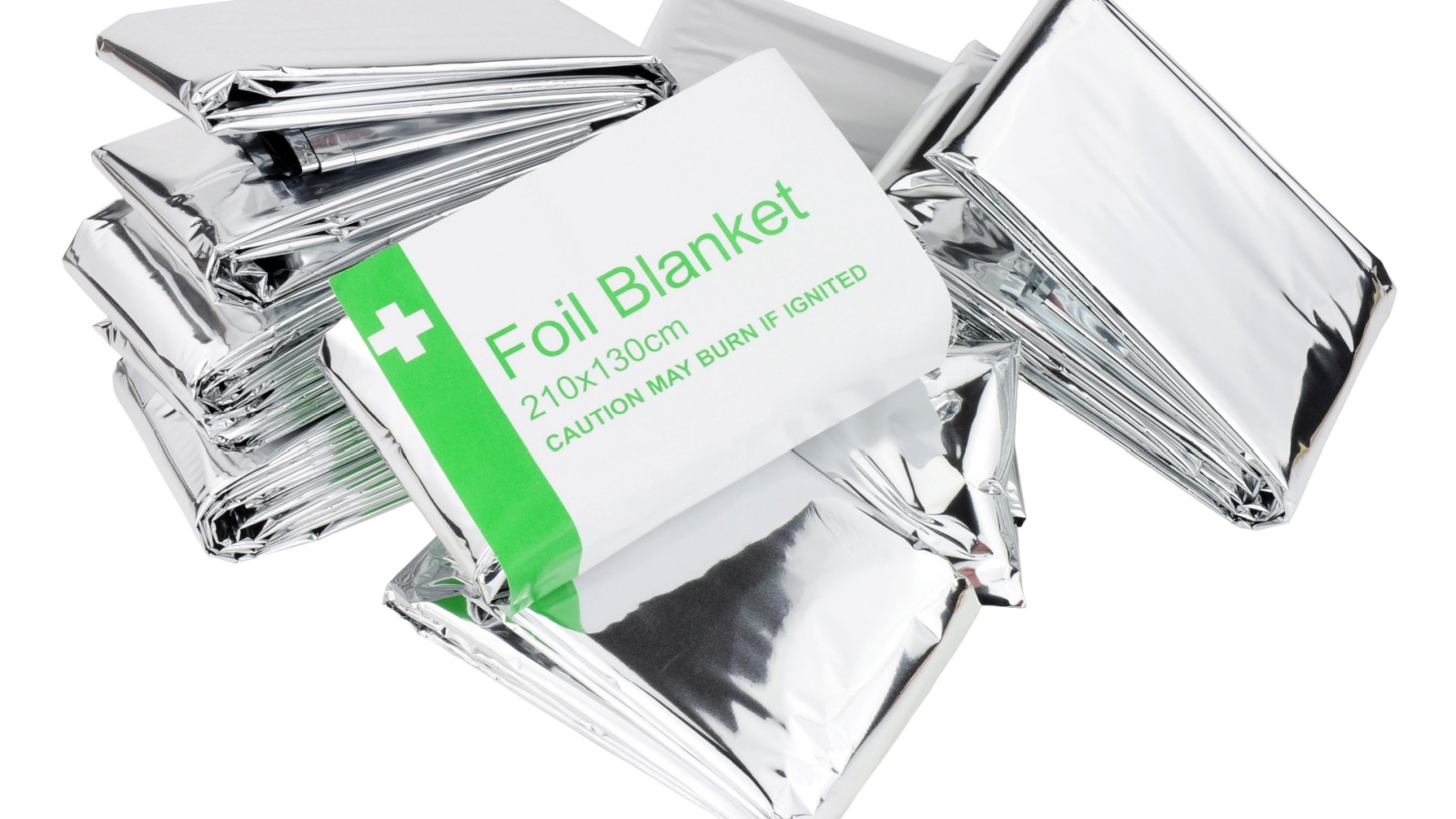
Stay warm without bulky supplies. Emergency blankets, also called space blankets, are thin, lightweight, and very effective. They reflect up to 90% of your body heat back to you. Get at least one per person in your household. They’re also useful for signaling for help or as a makeshift shelter.
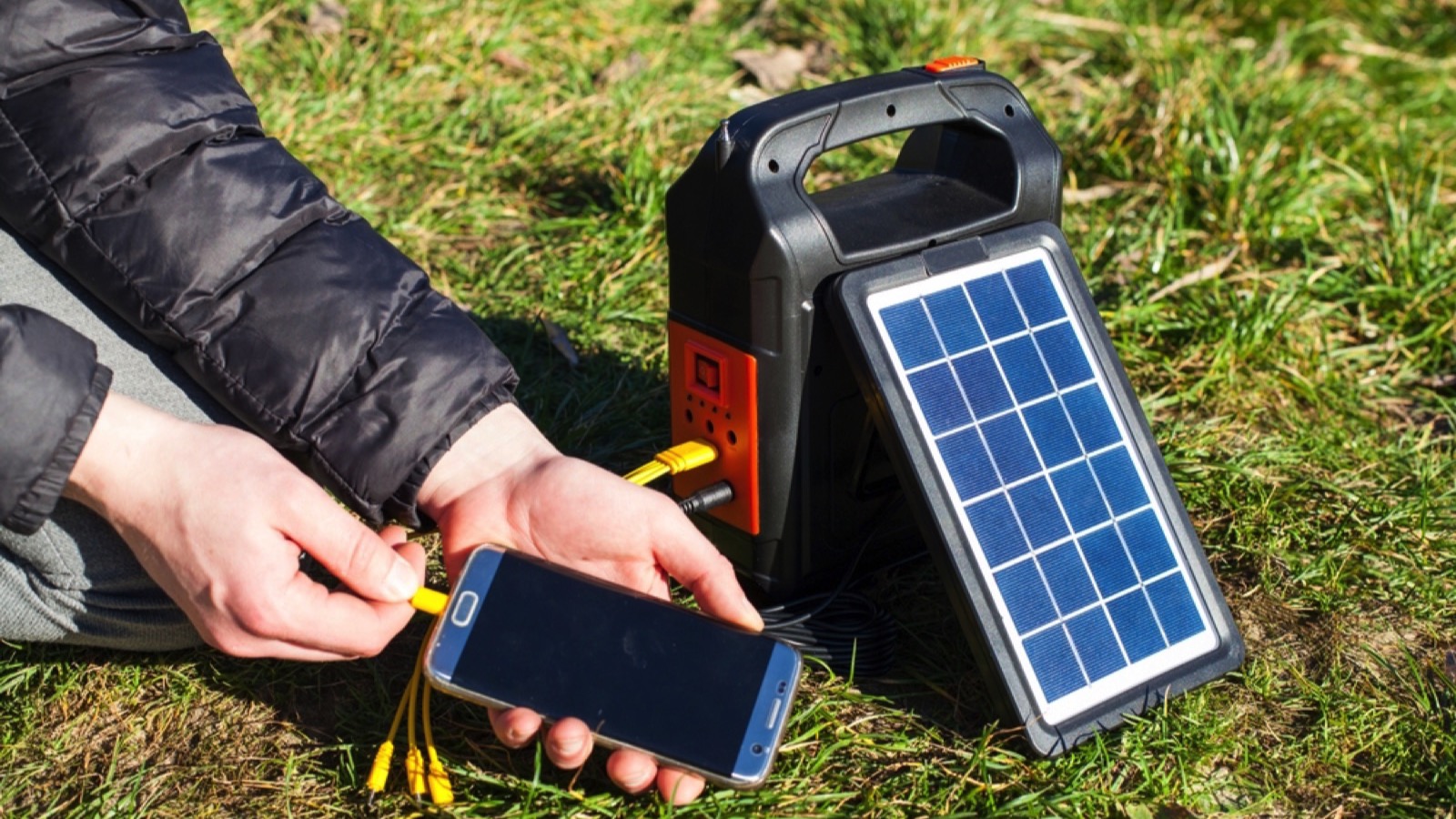
Keep your lines of communication open. A portable battery pack can recharge your phone several times. Look for one with at least 10,000 mAh capacity. Some models include solar panels for recharging without electricity. Remember to keep it charged and check it every few months.
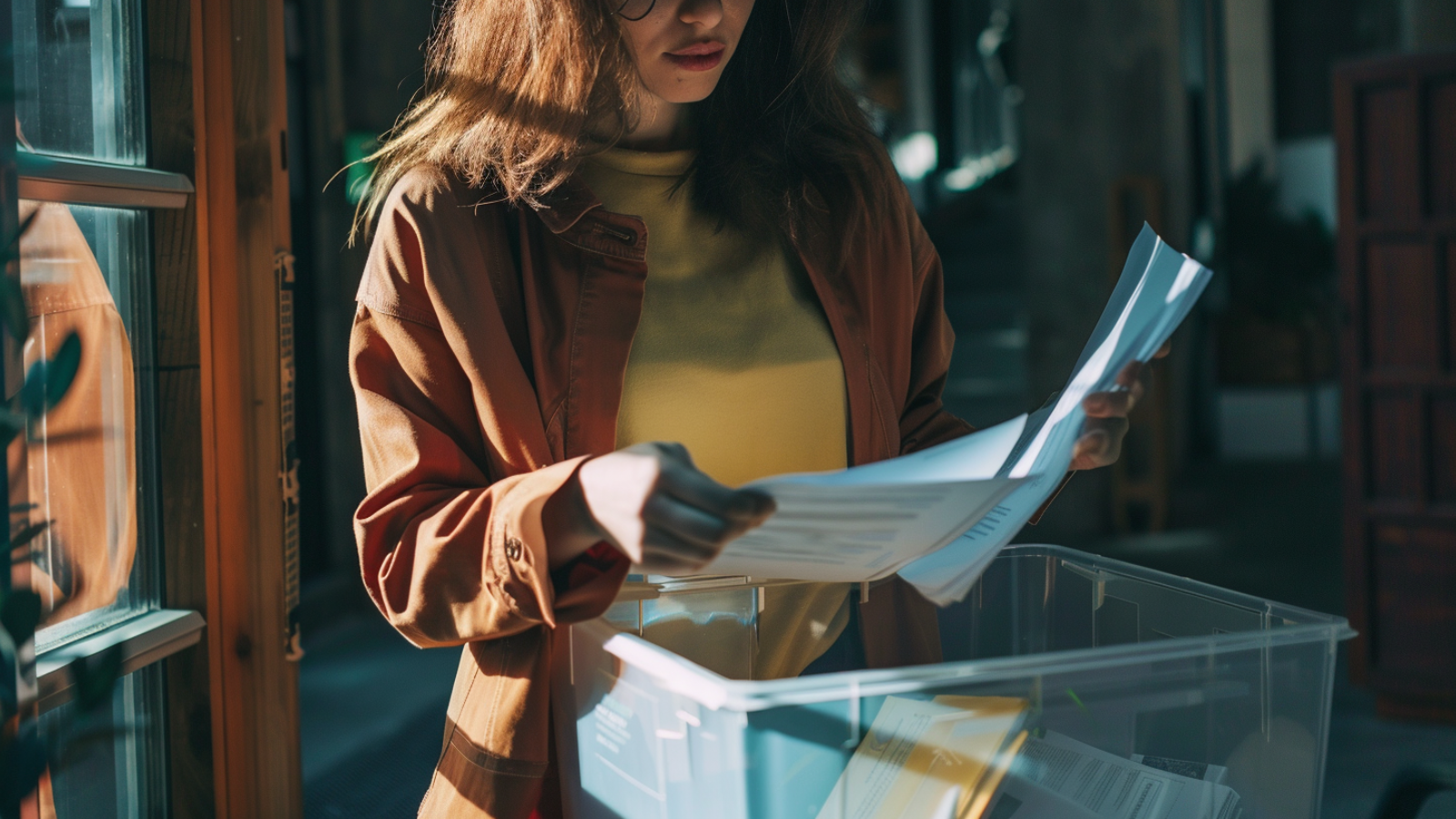
Protect your vital information. Make copies of IDs, insurance policies, and medical records. Store them in a waterproof, portable container. Include a list of emergency contacts and important account numbers. Consider saving digital copies on a password-protected flash drive as a backup.
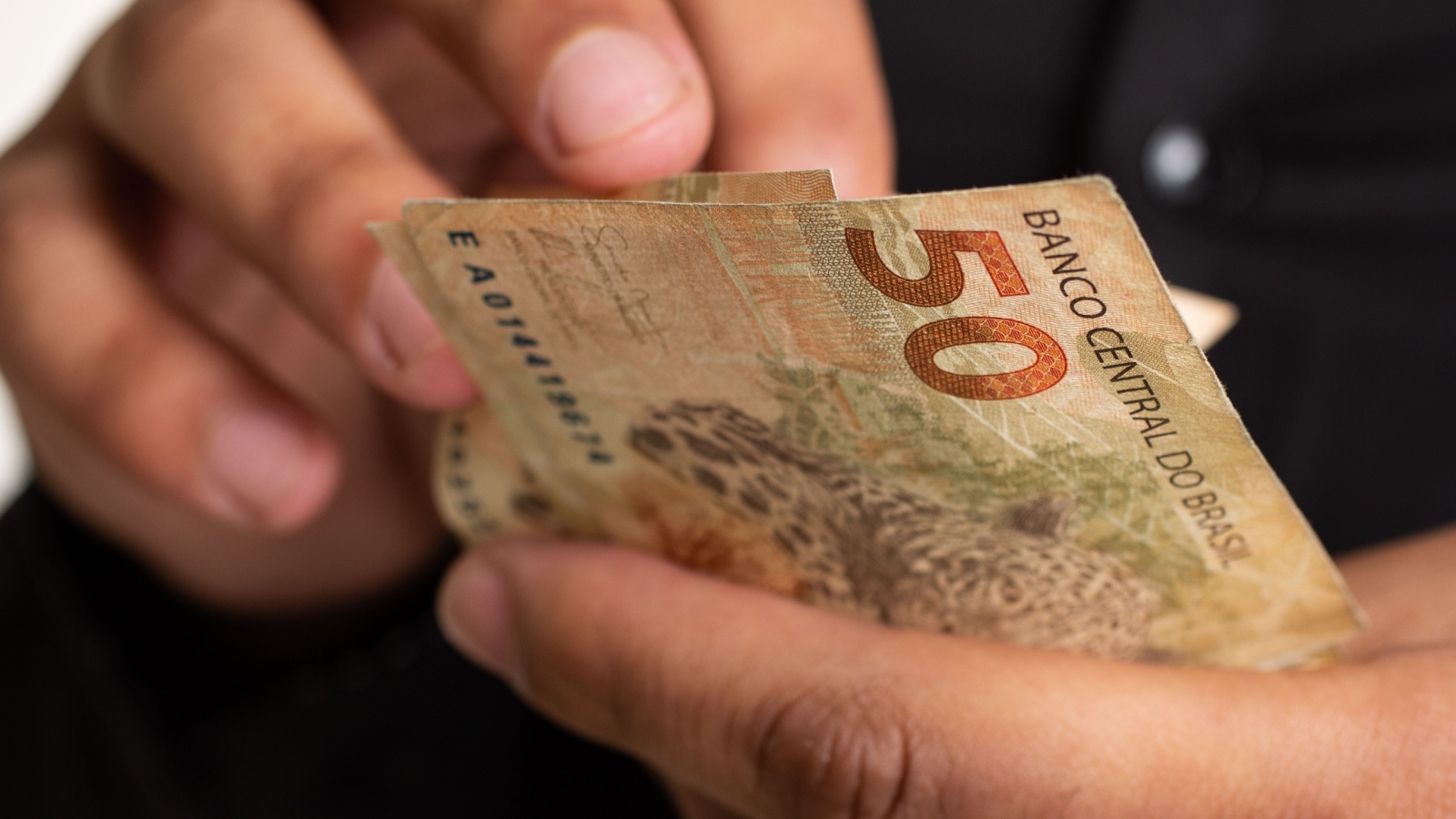
Be ready when ATMs and credit card machines don’t work. Keep a stash of small bills and coins. Aim for enough to cover basic needs for a week. Store it in a secure, waterproof container. Remember to include some money for vending machines, which might still work during power outages.

Cook hot meals even without power. Look for a small camping stove that runs on propane or butane. Make sure it’s safe for indoor use. Stock up on fuel canisters, storing them safely away from heat sources. Practice using the stove before an emergency to ensure you can operate it safely.
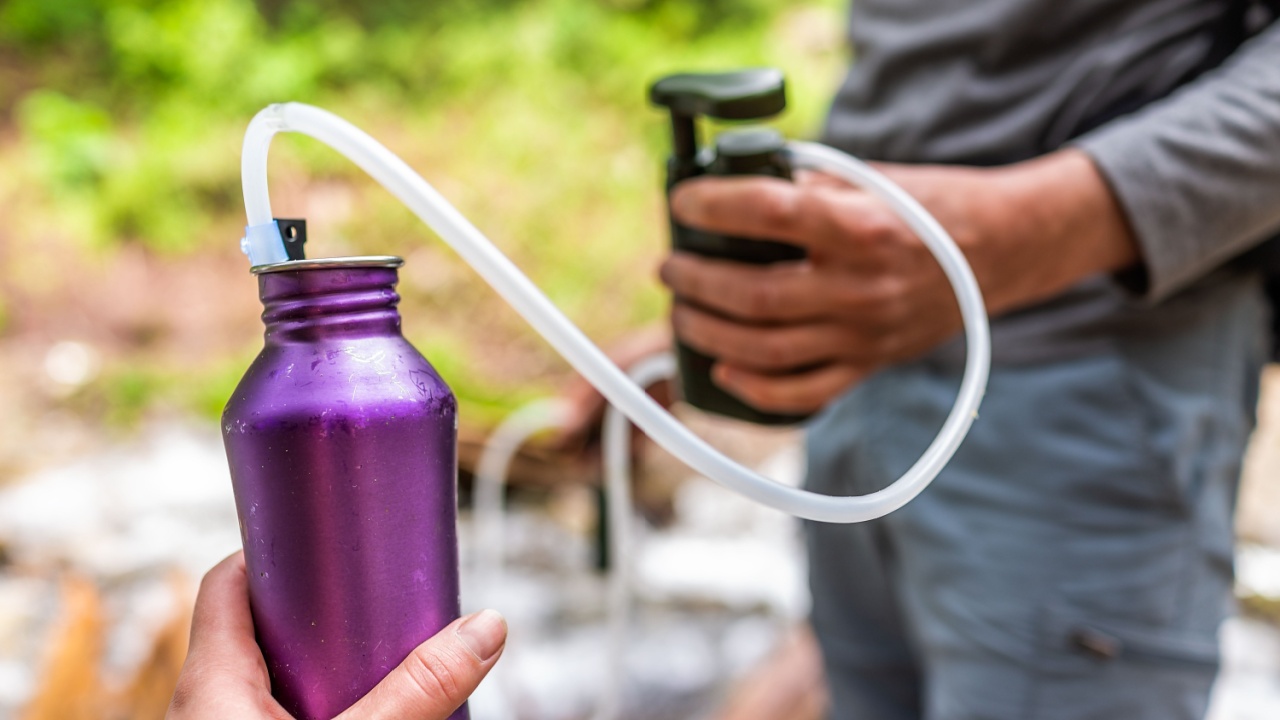
Purify water when your stored supply runs out. A portable water filter can make most water sources safe to drink. Look for models that remove bacteria, parasites, and chemicals. Some filters can clean thousands of gallons before needing replacement. Learn how to use and maintain your filter properly for best results.
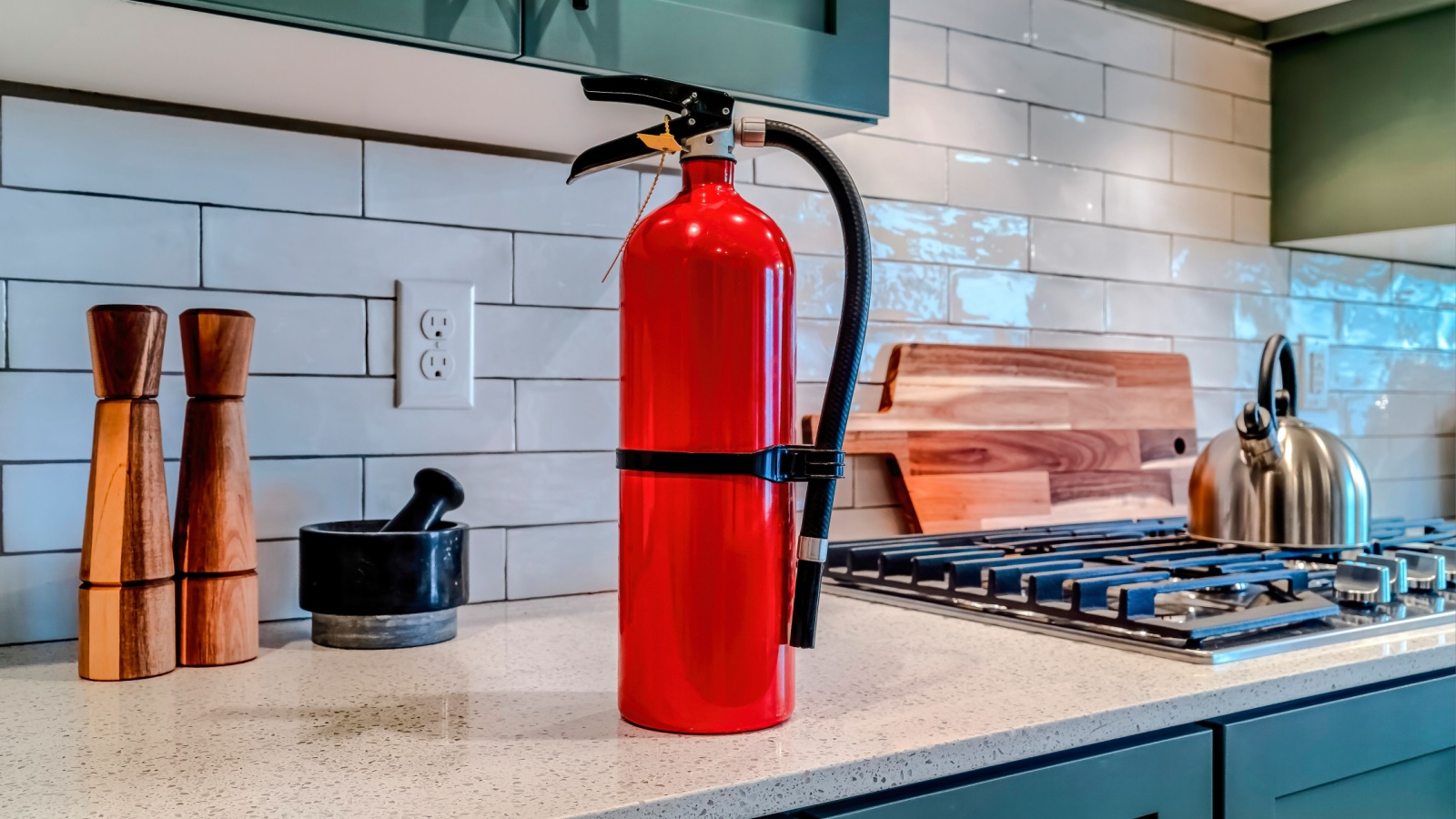
Be ready to fight small fires. Get a multipurpose (ABC) fire extinguisher rated for home use. Learn how to use it before an emergency happens. Check the pressure gauge monthly and replace or recharge as needed. Keep it in an easily accessible spot, away from potential fire sources.

Fix almost anything with this versatile tool. Duct tape can patch holes, create makeshift containers, and even help with first aid. Get a high-quality brand that sticks well and resists water. Store it in a dry place to maintain its stickiness. Consider getting a few rolls in different colors for organizing your repairs.
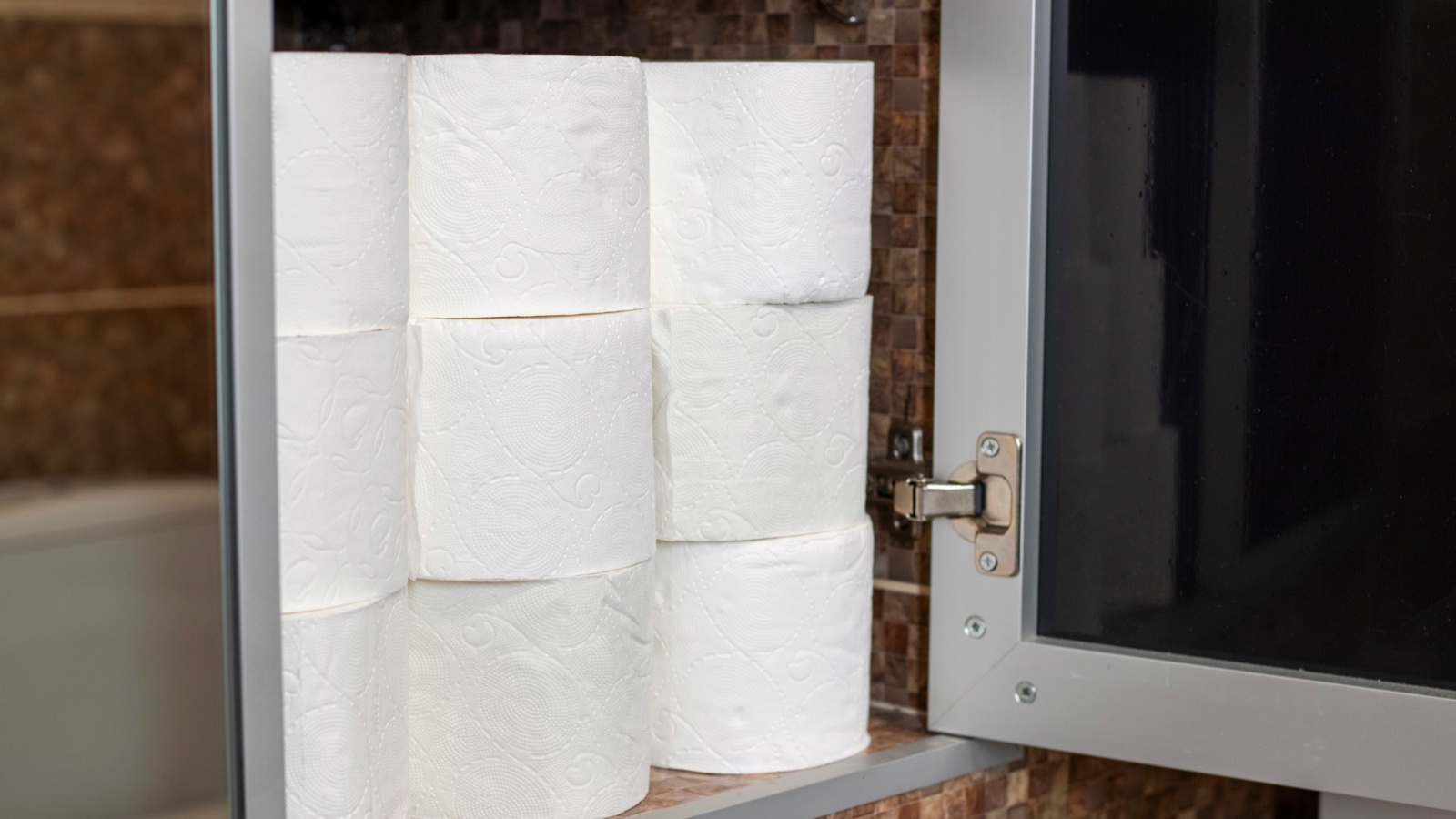
Stay clean to stay healthy. Stock up on toilet paper, soap, hand sanitizer, and feminine hygiene products. Don’t forget toothbrushes, toothpaste, and deodorant. Aim for a two-week supply per person. Include some cleaning wipes or sprays to keep your living space sanitary during extended emergencies.
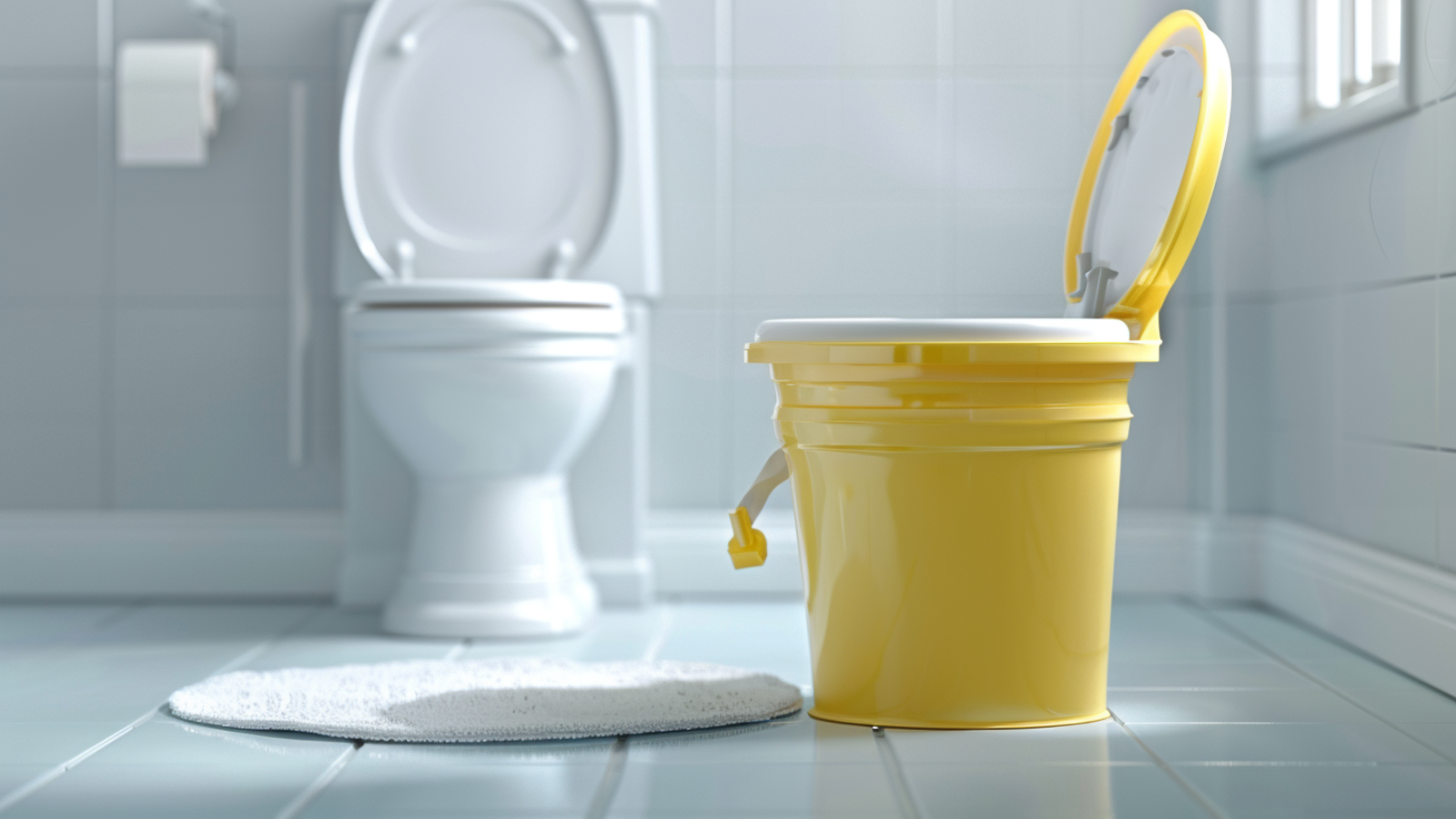
Be prepared when plumbing fails. A 5-gallon bucket with a toilet seat lid can serve as an emergency toilet. Line it with heavy-duty trash bags and use sawdust or kitty litter to control odors. Store toilet paper and hand sanitizer nearby. Have a plan for safely disposing of waste when services are restored.
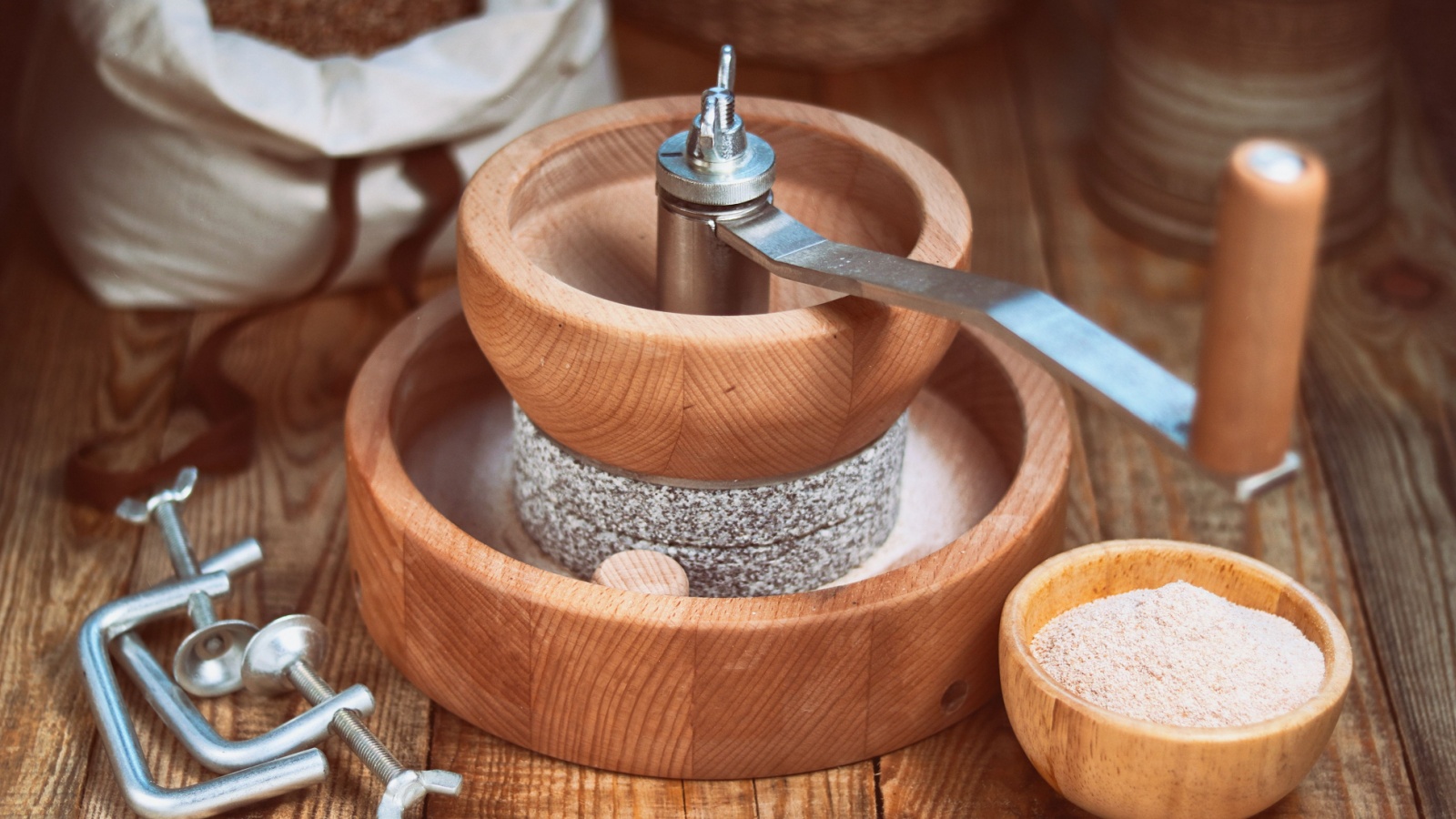
Turn whole grains into fresh flour. A hand-powered grain mill lets you make bread and other foods from stored grains. Look for a sturdy model that’s easy to clean. Practice using it before an emergency to understand the effort required. Store a variety of whole grains to give yourself options.
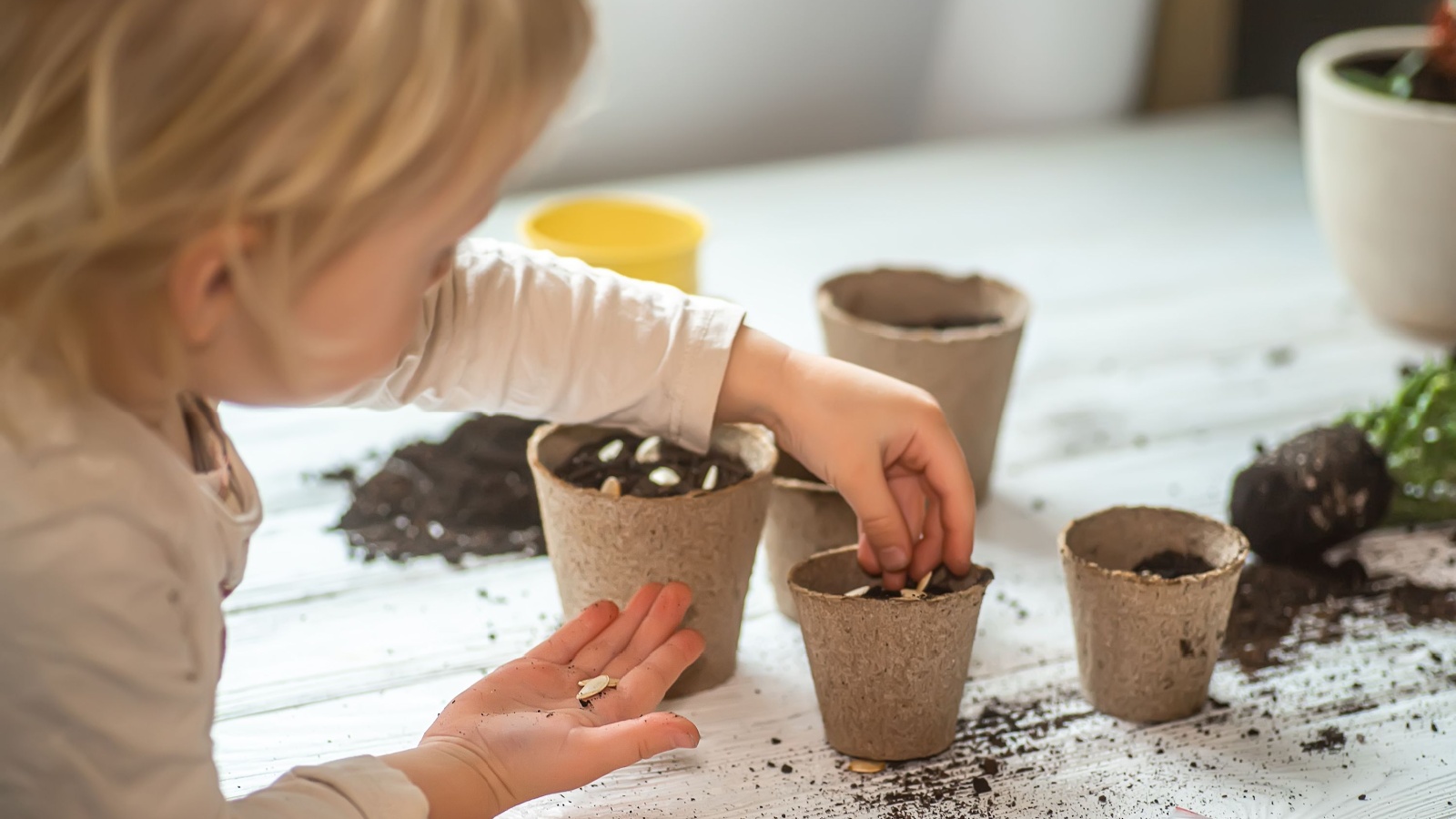
Grow fresh greens in any season. Sprouts are nutritious and grow quickly without soil or sunlight. Stock up on alfalfa, broccoli, and mung bean seeds. You’ll need a jar, cheesecloth, and clean water. Sprouts are ready in 3-5 days and packed with vitamins. Rotate your seed supply yearly for best results.
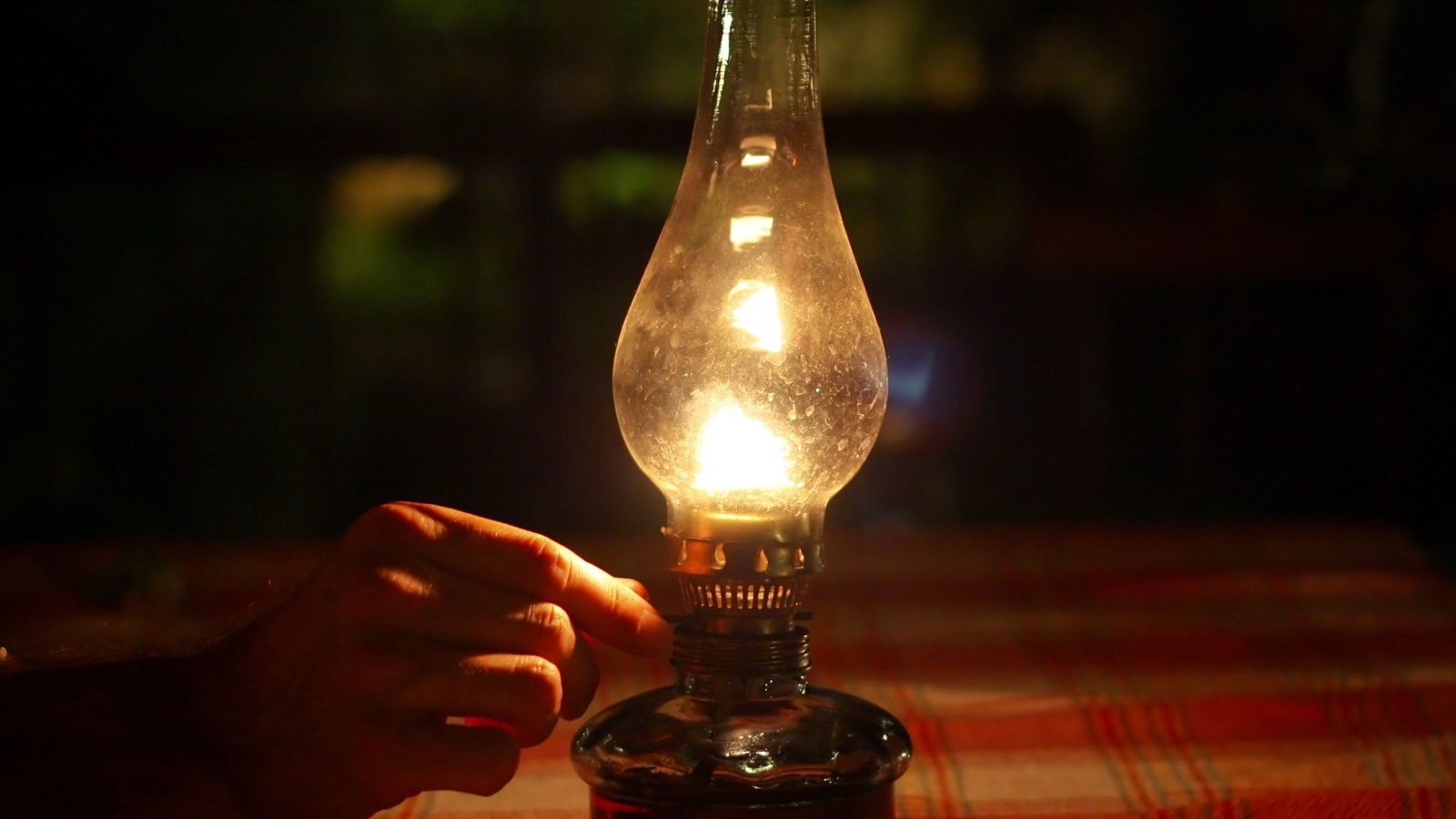
Prepare for long-term power outages. Candles and oil lamps provide light and some warmth. Choose long-burning, unscented options for safety. Store matches or lighters in waterproof containers. Practice fire safety and never leave open flames unattended. Consider battery-powered LED lanterns as a safer alternative.

Stay in touch when cell networks fail. Two-way radios (walkie-talkies) can help you communicate with nearby family or neighbors. Look for models with a range of at least 2 miles. Some radios can also receive weather alerts. Keep them charged and store extra batteries. Practice using them to understand their range and features.

Learn vital skills for tough times. Stock up on books about first aid, foraging, and basic survival skills. Look for guides specific to your local area. Choose books with clear illustrations and easy-to-follow instructions. Read through them before an emergency so you’re familiar with the content. Consider waterproof editions for added durability.
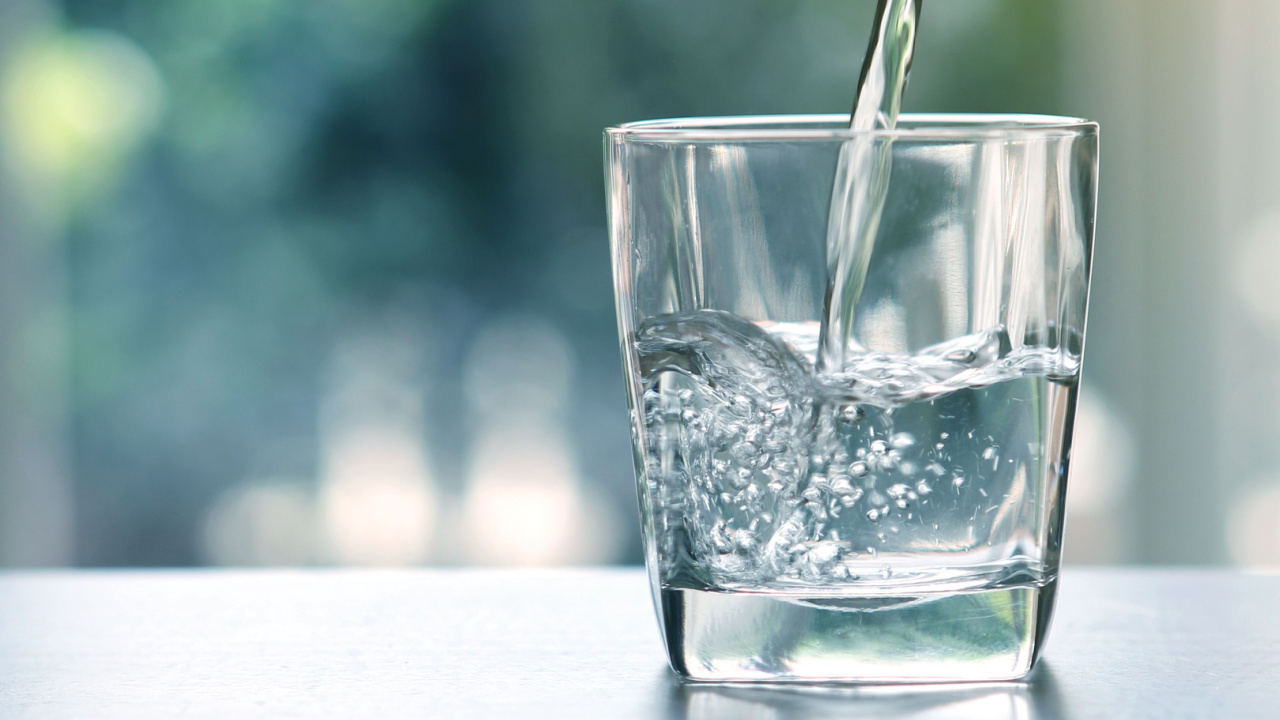
In the face of uncertainty, being well-prepared gives you at least some degree of control and security. The thought of a societal collapse, while extreme, prompts us to consider how we might endure without the conveniences of our current lifestyle. Here’s a list of 20 essential items that could prove indispensable in such a scenario. This guide isn’t about succumbing to fear but embracing preparedness and resilience.
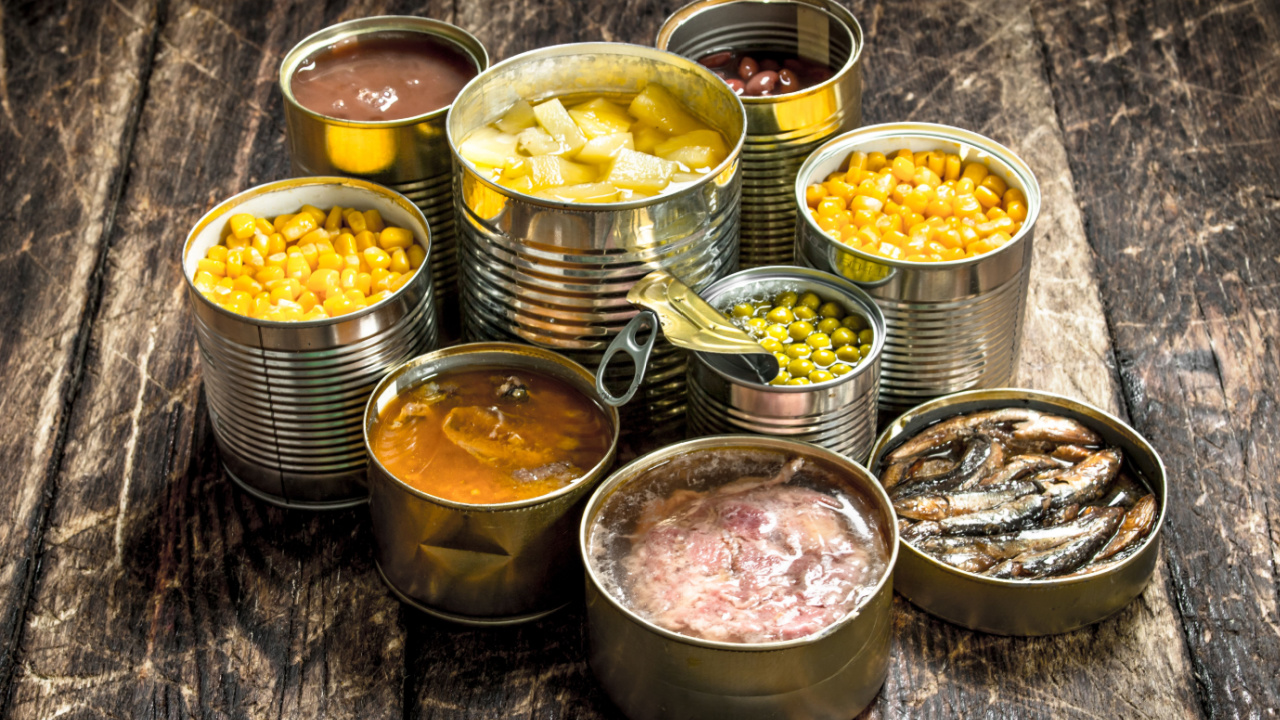
I firmly believe in keeping a well-stocked emergency pantry. While fresh food is ideal, in a survival situation, we may not be that lucky. So, for my family, even though we grow a lot of our own food, canned goods play a crucial role in emergency preparedness. They offer a reliable source of nutrition when access to fresh produce may be limited. The goods you stockpile should be affordable, easy to store, and full of nutrition.
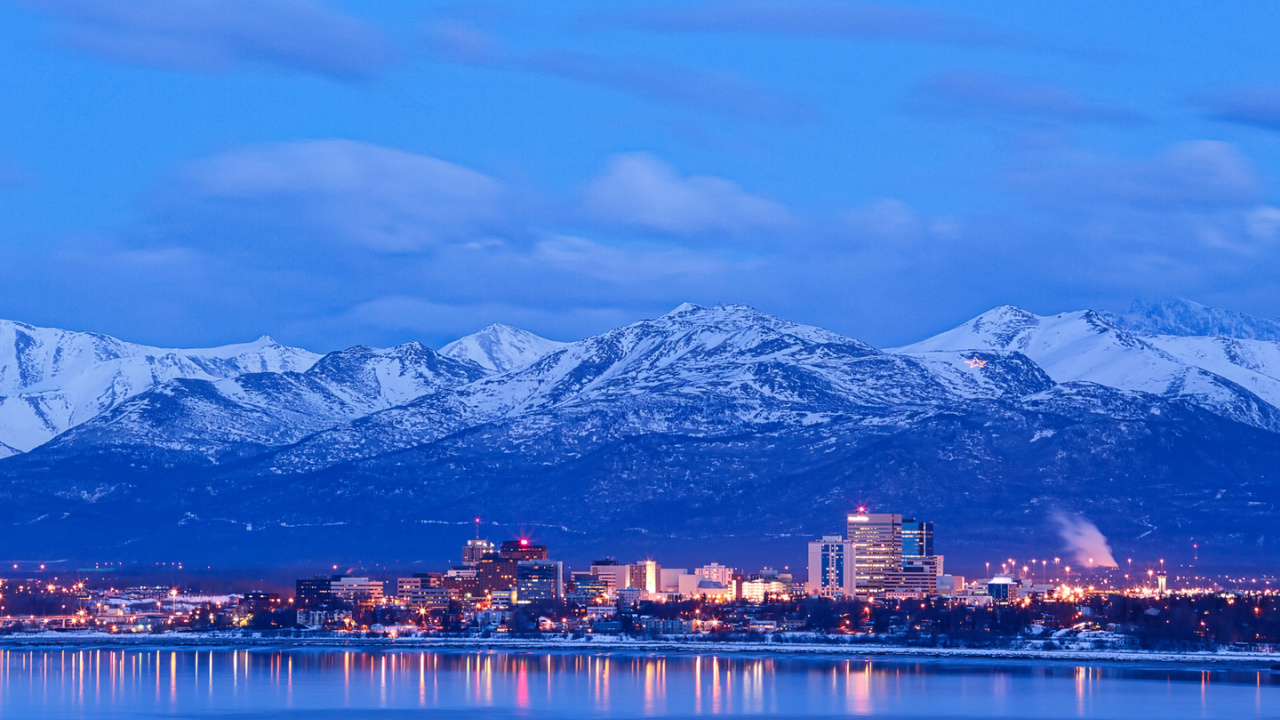
Choosing a refuge in the event of societal collapse involves weighing the pros and cons of each location against your personal preparedness goals and abilities. Whether you’re drawn to the solitude of the desert or the protective heights of the mountains, the key is finding a place that offers safety and the opportunity for growth and renewal.
